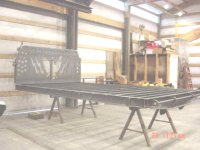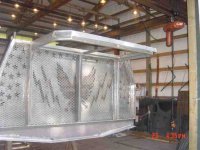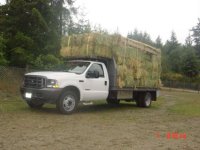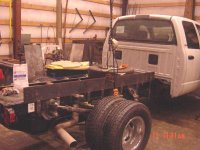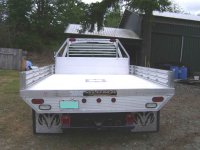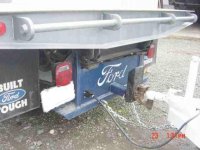Shield Arc
Super Member
In 2004 I bought an F-550 cab & chassis, built a 14-foot flatbed dump for it. In the up fitter's manual it said to disconnect both batteries before doing any welding. 2007 I sold it and bought a Dodge cab & chassis, bought an aluminum flatbed for it, but made the bumper, and a sub frame to attach the flatbed to the frame of the truck, again in the up fitter's manual it said to disconnect both batteries, which I did.
Now for the catch, I've done a few little welding projects on my JD tractor, never once disconnected the battery. Couple years ago I ran out of fuel, but the gauge said 3/4 of a tank! Circuit board in the dash went out. John Deere wants a $1,000.00 to replace, (yeah like that is going to happen)! So the question is, did I burn this board out by not disconnecting the battery, or just one of those things?
Now for the catch, I've done a few little welding projects on my JD tractor, never once disconnected the battery. Couple years ago I ran out of fuel, but the gauge said 3/4 of a tank! Circuit board in the dash went out. John Deere wants a $1,000.00 to replace, (yeah like that is going to happen)! So the question is, did I burn this board out by not disconnecting the battery, or just one of those things?
